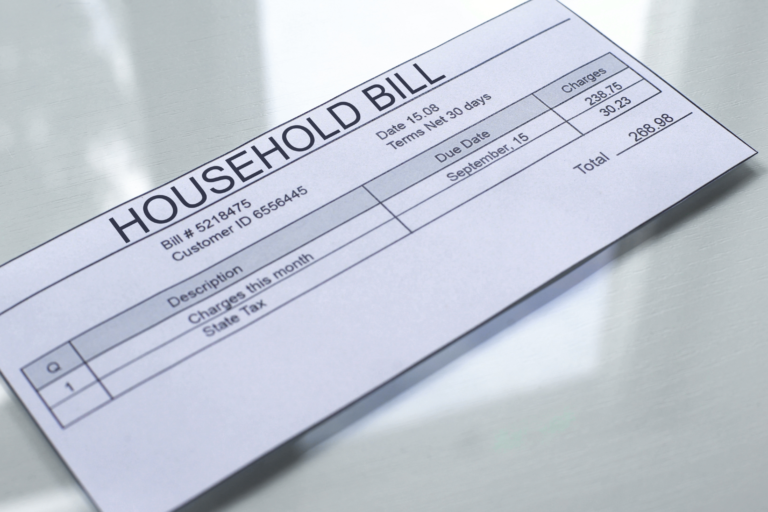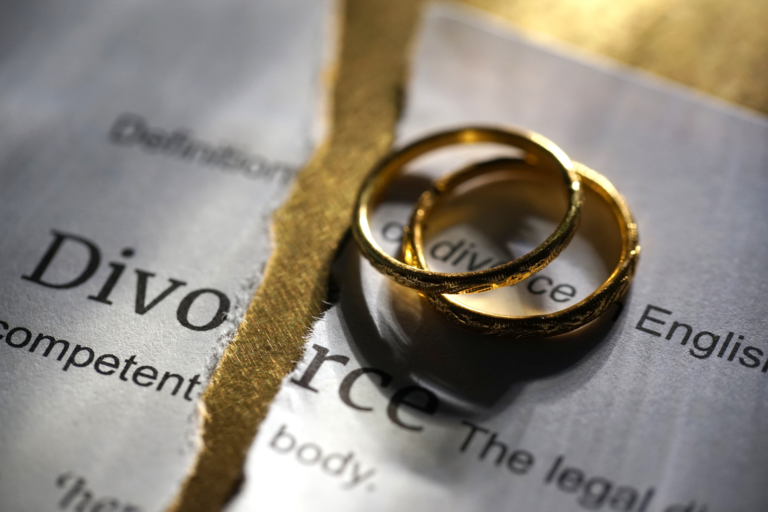When someone dies in Florida, the value of the decedent’s estate and date of death will determine whether the estate will undergo summary administration or formal administration.
Generally, most estates qualify for formal administration, a procedure that requires the appointment of a personal representative to administer the estate subject to probate.
In this regard, Florida law establishes a set of specific requirements that prospective personal representatives must meet before receiving approval in court.
Who Can Be a Personal Representative in Florida? – The Essentials
A personal representative (or executor) is the person responsible for administering a deceased person’s estate. Once the probate court issues Letters of Administration, the personal representative has authority to act on behalf of the estate and its beneficiaries.
Primarily, it is crucial to understand who cannot serve as a personal representative. As described by Florida Statutes §733.303 (1), “a person is not qualified to act as a personal representative if the person:
- Has been convicted of a felony
- Has been convicted in any state or foreign jurisdiction of abuse, neglect, or exploitation of an elderly person or a disabled adult (as defined by Fla. Stat. §825.101)
- Is mentally or physically unable to perform the duties
- Is under the age of 18 years”
Still, Florida law provides a statutory preference order for the choice of the individual responsible for executing a decedent’s estate. In this context, the order of preference will vary depending on whether the deceased person died testate (with a last will) or intestate (without a will).
Statutory Order of Preference for Personal Representative in Florida
Florida Statutes §733.301 (1) has specific provisions that determine the order of preference for who may be appointed as a personal representative within the estate. If the decedent died with a last will in place (testate), the order of preference is:
- “The personal representative, or his or her successor, nominated by the will or pursuant to a power conferred in the will
- The person selected by a majority in interest of the persons entitled to the estate, or
- A devisee under the will. If more than one devisee applies, the court may select the one best qualified”
On the other hand, if the decedent died without a last will, his/her estate is considered intestate. Hence, the court will determine who will administer the intestate estate based on the statutory order of preference for such cases.
In intestate cases, the order of preference for appointment of personal representative goes as follows:
- The decedent’s surviving spouse
- The person selected by a majority in interest of the decedent’s heirs, or
- The heir nearest in degree (if more than one applies, the court may select the one best qualified)
Can a Non-Resident Serve as Personal Representative in Florida?
Under specific circumstances, non-residents in Florida may serve as personal representatives. Florida Statutes §733.304 states that “a person who is not domiciled in the state cannot qualify as personal representative unless the person is:
- A legally adopted child or adoptive parent of the decedent
- Related by lineal consanguinity to the decedent
- A spouse or a brother, sister, uncle, aunt, nephew, or niece of the decedent, or someone related by lineal consanguinity to any such person; or
- The spouse of a person otherwise qualified under Fla. Stat. §733.304″
Will You Serve as a Personal Representative? – Immediately Contact Your Florida Probate Lawyer
In Florida, all personal representatives must seek guidance from a licensed attorney when formally administering an estate subject to probate. Waste no time – call Attorneys Romy B. Jurado and Diana L. Collazos at (305) 921-0976 or email [email protected] to schedule a consultation.






